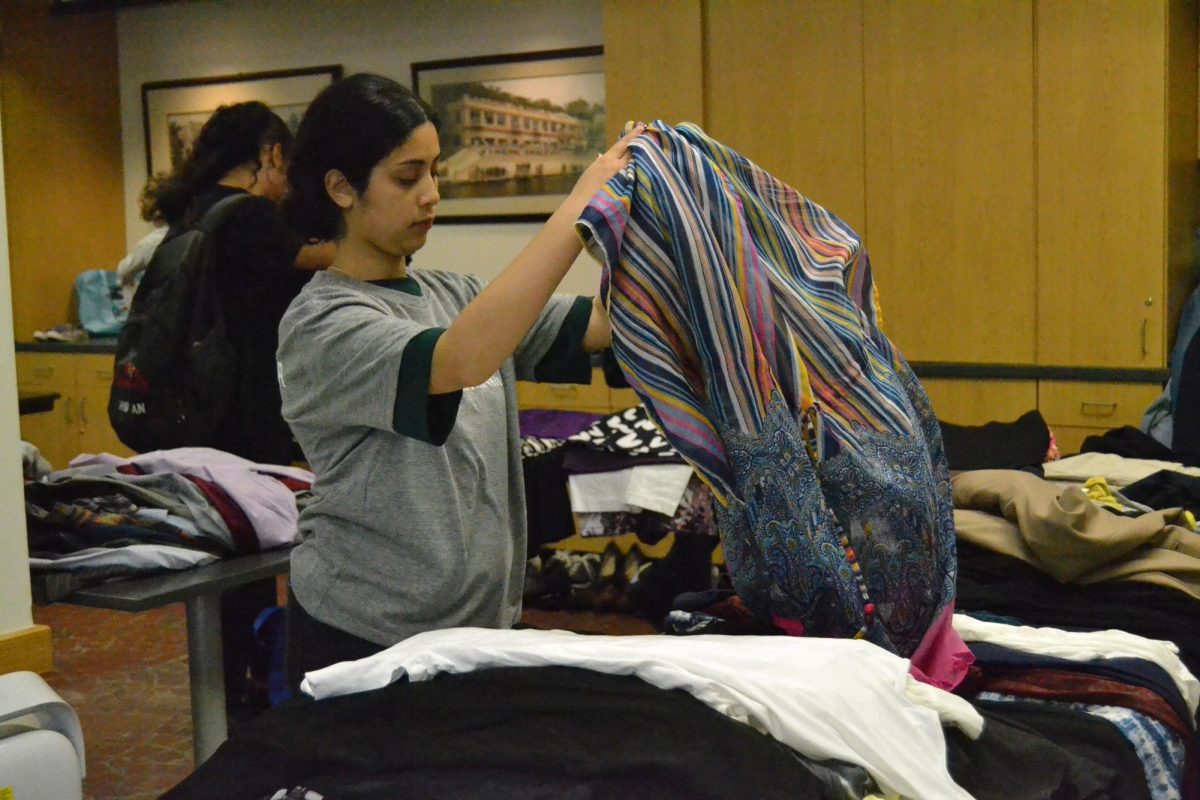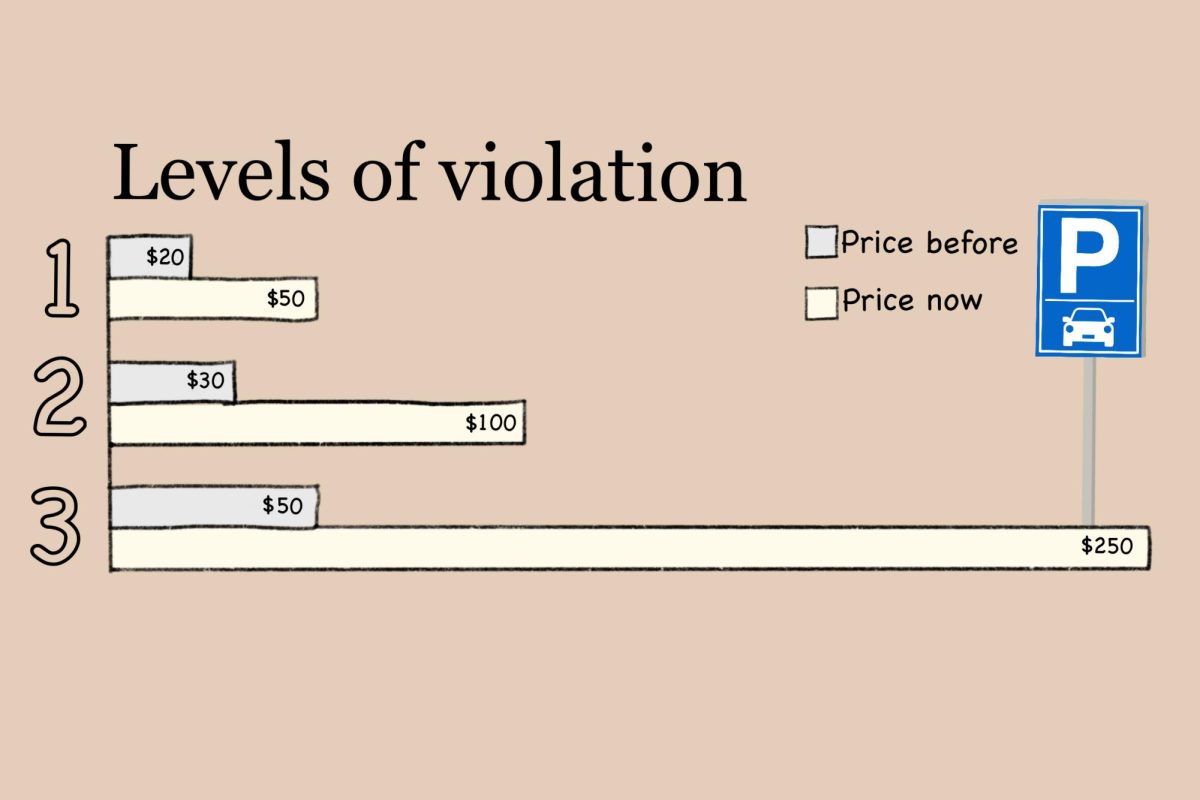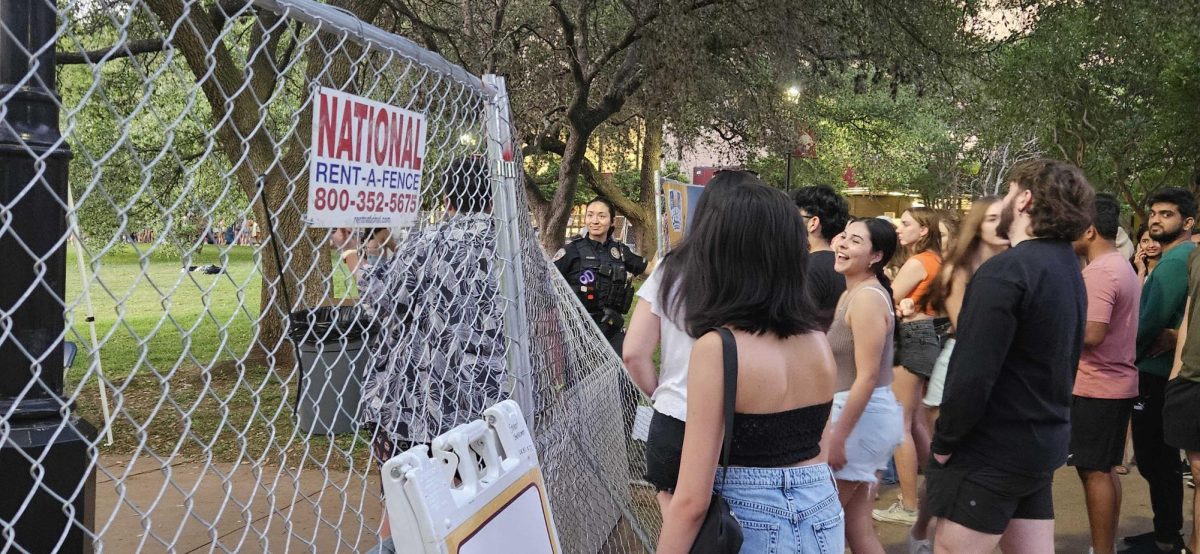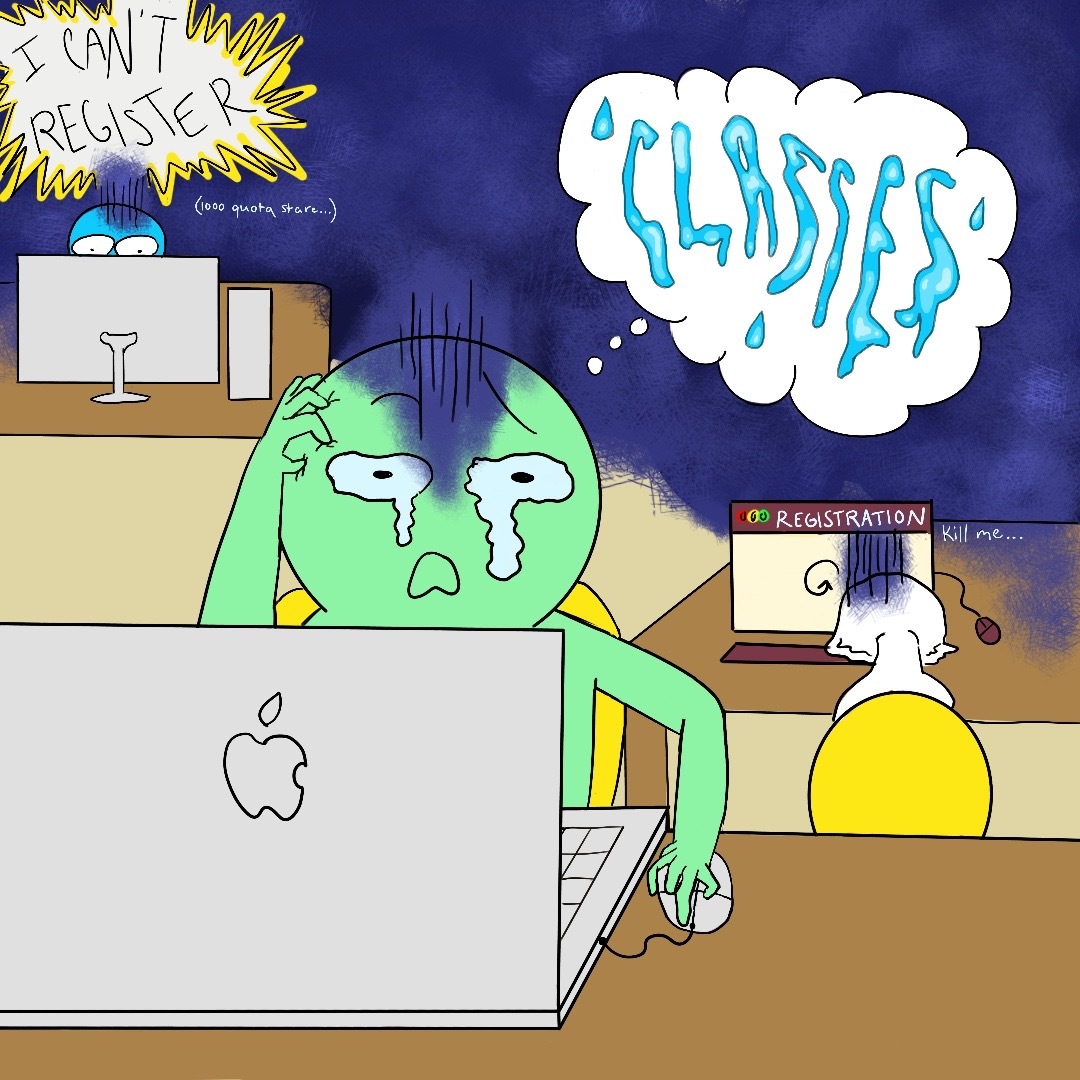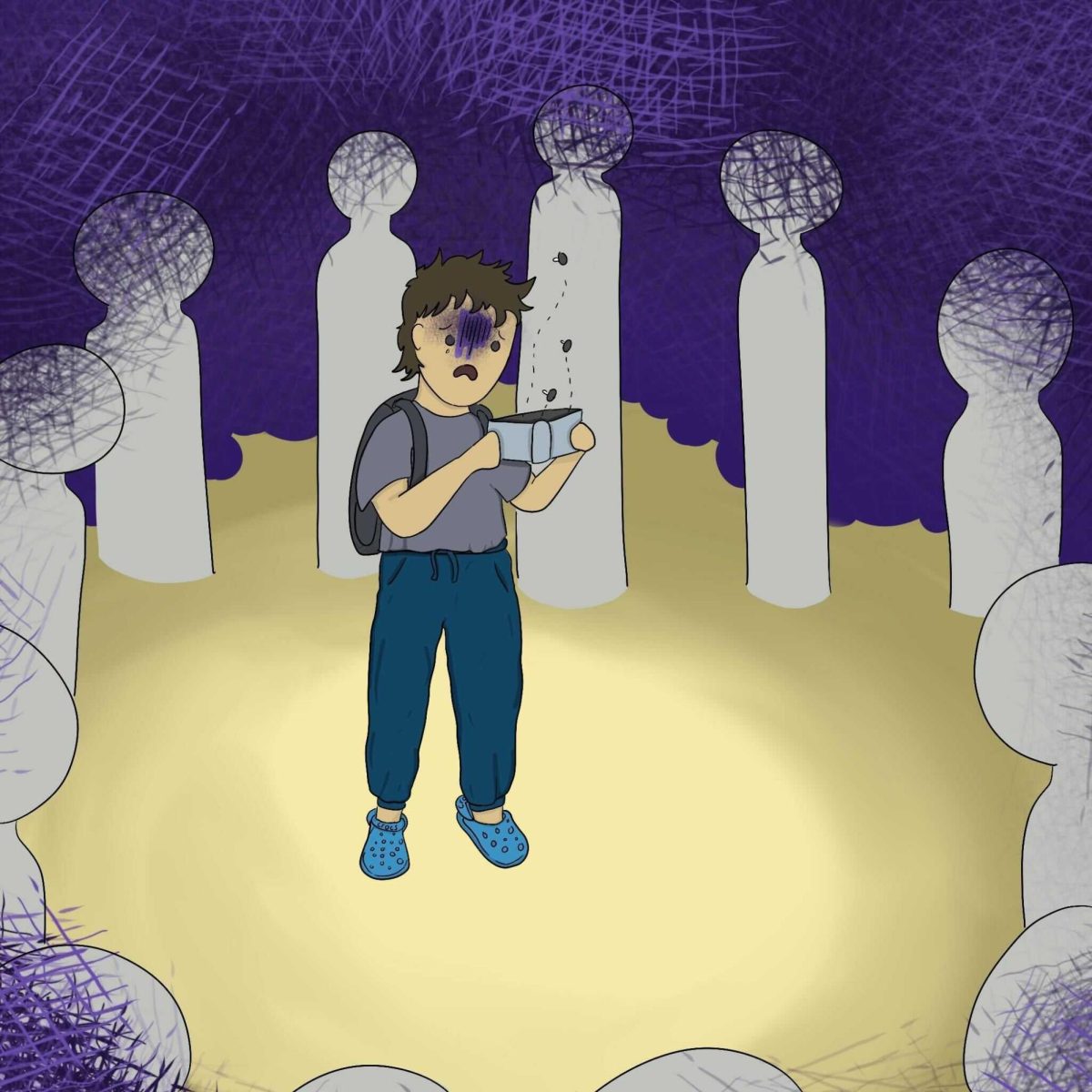The majority of colleges and universities mandate first-year freshman live on campus, including Texas State, with a small percentage of schools acting as the exception. First-year students only escape this housing requirement if they are over 20 years old and/or enter with 30 or more credits completed. After that first year of school, students are left with the decision to either continue living on campus — given space is allocated — or move off, which, according to The New York Times, 87 percent of students choose to do.
On-campus student housing can range from about $2,000 to $5,000 per semester depending on the residence hall, equating to approximately $500 to $1200 per month. These rates set the living cost standard, leading students and parents to believe paying anything more than $500 a month for an apartment in college is normal when they start looking for a place off campus to reside.
On average, college students tend to pay anywhere from $500 to $600 alone on rent, this not including food and select utilities. However, this overpayment for apartment spaces is due to the fact off-campus living is dominated by Texas State-affiliation.
The Department of Housing and Residential Life – Off-Campus Living, partnered with corporate companies that own apartment and living spaces, assert themselves in students’ lives and heads as soon spring semesters hit when it is the time for people to think about where they are going to be living the following semester, if not on campus.
Presentations are given to dorm residents, fliers are put up advertising certain spaces and individuals go around promoting off-campus living and give away free items with logos plastered on them. While there is something to be said about successful marketing tactics, these options are completely in students’ faces, pushing them where to live. However, students should avoid any apartment owned or affiliated with Texas State and choose wisely in finding off campus elsewhere.
Horror stories cover the review sections of apartments such as The Lodge, Westfield, Aura, The Edge and so many more yet, rent rarely dips below $500 per month, even with a 4×4 floor plan. The one thing all these locations have in common is their affiliation with Texas State. From abusive landlords and hidden fees to students never getting their copy of the lease, such apartments thrive off student exploitation. The sad part is that students do not realize they have any other living options; traditional, regular spaces get flooded out and overruled by corporate living.
Eleuterio Fuentes’ daughter, Teresa, lived in a dorm her first year, as warranted. However, she was unable to secure a room for the fall 2019 semester given the lack of space and therefore had to go on the hunt for off-campus living.
During their search, the Fuentes’ encountered several problems future students and parents should be made aware of: the family was unable to find an apartment that was “fair and reasonable” in terms of the lease agreement. The family secured a lease from the University Club Apartments, one of their prospective locations, and found the document heavily favored the landlord over students. This lease, similar to other off-campus student spaces, provides a good example of predatory practices conducted by Texas State and San Marcos off-campus housing companies.
Additionally, Eleuterio cited concerns about the list of companies and landlords provided on Texas State’s housing website and said how the options for off-campus student housing give the impression to parents and guardians the companies have been “vetted and are legitimate,” even though they behaved in a manner that proved otherwise. Further, Eleuterio was unable to find student housing, off-campus, that treated their family fairly, honestly and with respect. Teresa has since transferred universities.
This problem is not new but is seldom publicly discussed. These greedy and exploitative companies understand students need places to live, so they reel them in with nice pictures and empty promises only to suck wallets dry and anger residents and parents, with little to no recourse.
It is not normal to pay the average rates Texas State off-campus student housing charges, given the conditions; it is not normal to feel completely exploited and seriously struggle to have a place to live. A decent roof over students’ heads is not a privilege but a right.
Students and parents should be fed up with these living conditions and rates. It should only take a day or two at most for repairs, customer service should be answering calls and assisting, hidden fees should not be popping up on bills and all leases and landlords should be completely transparent and upfront.
There are great, traditional apartments — like Village Green, Aqua 16 and Sync — in San Marcos and surrounding areas that provide space, luxury, quality customer service and assistance, with costs that reflect those necessities. And even better, these locations have no affiliation to Texas State or connection to corrupt ownership whatsoever. Such places can and do exist.
If families are paying over $600 a month for anything larger than a one-bedroom, the apartment or living space better justify that cost in every aspect because such high rates are abnormal. If students and parents do the research regarding quality locations, they may find hidden gems that allow for the perfect living arrangement.

